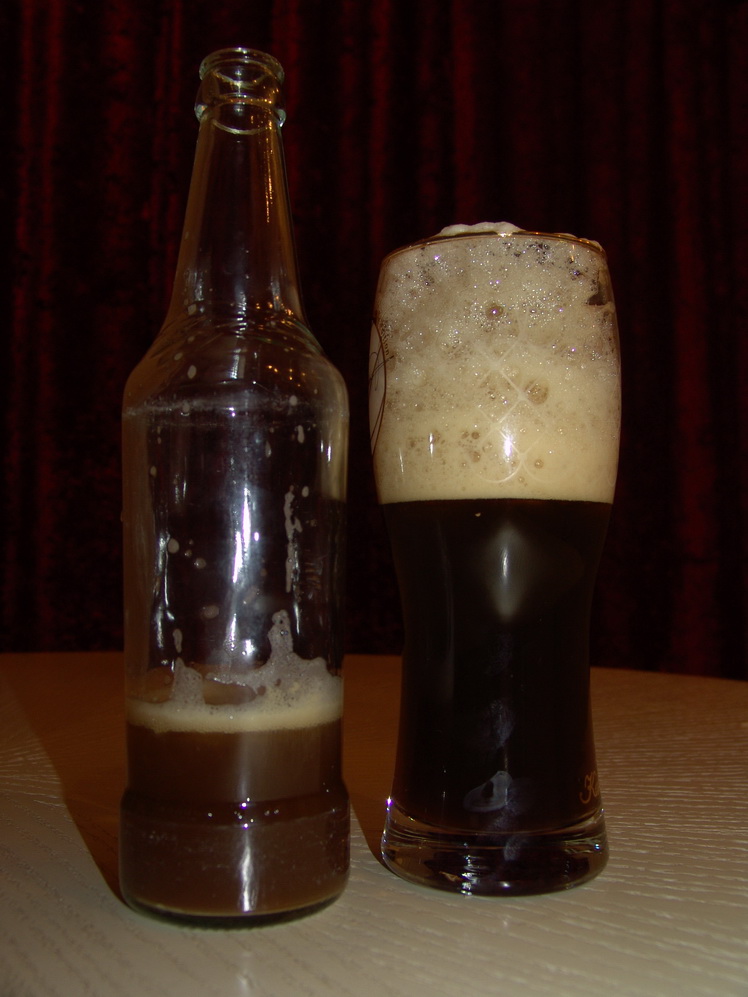Hi Vicking,
I guess I'm the other newbee that chose this Christmas brew this year.
I emailed Brewferm and recieved this email in response.
Dear Sir,
The SG should come to 1020. If it goes lower, no problem.
But do NOT add sugar to go to 1020 again if this is the case, because all sugars will be fermented again.
Do not bottle until it reached 1020 or 1021, otherwise there will be too much pressure in the bottles , resulting in excessive foaming.
Kind Regards,
Jef Goetelen
BROUWLAND
technical sales
My starting SG was 1.070 and it was 1.034 yesterday. I'll check it again every few days. I'm not seeing any aggresive fermentation for the past 2 days. If I can hit the mark of 1.020 or close to it, I expect I will go ahead and bottle.
At least we will have both approaches for other trail blazers to benifit from.
Unlike you, I'll not be tasting my beer until February. What the heck, weather is still chilly here until March. I hope to hang onto some of these bottles until next Christmas.
Seasons greatings and Merry Christmas,
Paul






